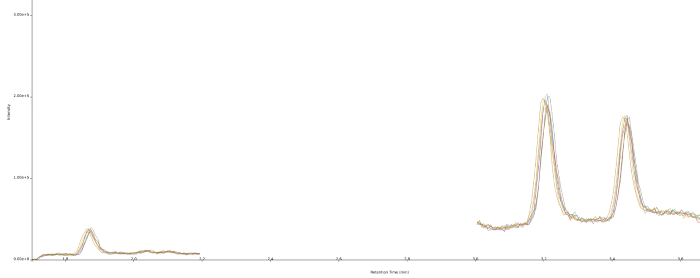:max_bytes(150000):strip_icc()/cold-pressed-juice-fb-2000-bccd0d55be2a421abbcf41eb64a9a884.jpg)
In your elementary school days, it was a social blunder to show up to lunch without a Capri Sun — or, if your parents were on a health kick, a carton of apple juice. Fast forward to today, and juice is having a major moment in the wellness scene — with cold-pressed juice being today’s equivalent of sparkling white grape juice (read: ultra fancy). But what is cold-pressed juice, exactly? And, more importantly, is cold-pressed juice good for you?
Cold-Pressed Juice, Explained
“Cold-pressed juice refers to juice made using a hydraulic press to extract the juice from fruits and vegetables, which is different from the pasteurization process, which involves high heat,” explains Jennifer Haythe, M.D., associate professor of medicine at Columbia University Medical Center and internist at Columbia Presbyterian. “The cold-pressed process involves shredding fruits and vegetables and then compressing them between two plates at a very high pressure,” she adds. While the pasteurization process helps kill potentially harmful bacteria in juice, the cold-pressing process gets the most liquid and nutrients out of the produce as possible. (Though there are conflicting findings on claims that cold-pressing retains more of a fruit’s antioxidants.)
When juice is pasteurized, the same high temperature that kills bacteria also helps to prolong the product’s shelf life. (FYI, pregnant people should stick with pasteurized options for that reason.) Pasteurized orange juice you buy from the grocery store is likely to last you a long time, while the cold-pressed juices you try should be consumed in a matter of days — a drawback if you’re only an occasional sipper.
Is Cold-Pressed Juice Good for You?
Since it’s said to be more nutrient-dense than pasteurized options, is cold-pressed juice a win? Not necessarily, says Dr. Haythe. The high-pressure processing of cold-pressed juice leaves behind the pulp, where fiber is typically stored, so cold-pressed juices may lack fiber, even if they keep in more nutrients.
And no matter what kind of process your juice goes through, all juices are still high in sugar. Yes, drinking your fruits and veggies may give your body the nutrients it needs — but the missing fiber can do a number on your glucose levels, since you may consume more trying to reach that “full” feeling. “There is no data to support the idea that cold-pressed juices are healthier than other juices,” says Dr. Haythe.
Bummer. But that doesn’t mean you have to kiss your cold-pressed habit goodbye or refrain from trying cold-pressed juice altogether. Order a blend with dark leafy greens for extra nutritional punch rather than fruit-only juice with higher sugar content. And since these juices are lacking in the fiber department, it’s important to enjoy juice only as a complement to a healthy diet, not as a replacement. And maybe opt for a blend with raspberries, blackberries, pears, or avocado, as those are naturally high in fiber and more likely to retain some even after it goes through the cold-pressing process.
Most importantly, make sure you still drink plenty of water if you drink juices, says Dr. Haythe. Drinking water is an easy way to stay healthy. And since not all juices are created equal, make sure to read the label before you buy cold-pressed juice. There should be a clear “use by” date on the bottle since these juices can spoil quickly.
So if you want to grab a cold-pressed juice for an extra boost of nutrition, go for it. But if you’re looking for a miracle in a bottle to help you de-bloat and rejuvenate? You may see short-term results, but you’ll get long-lasting ones by practicing a healthy diet and hitting the gym regularly.
link






